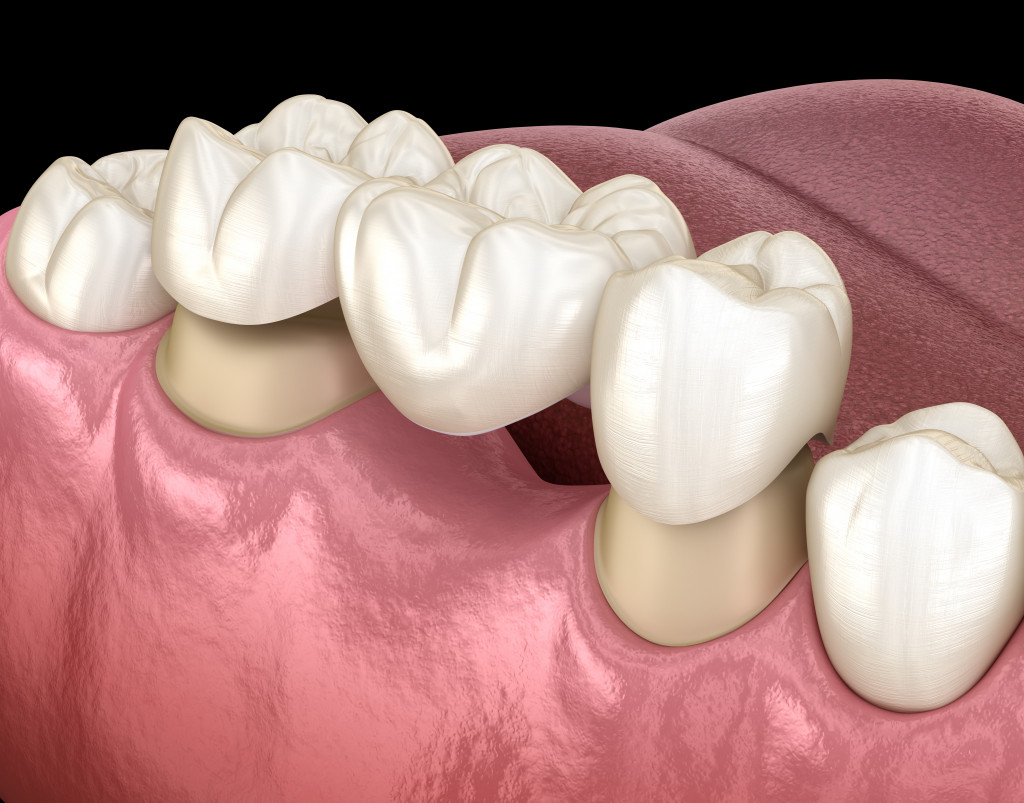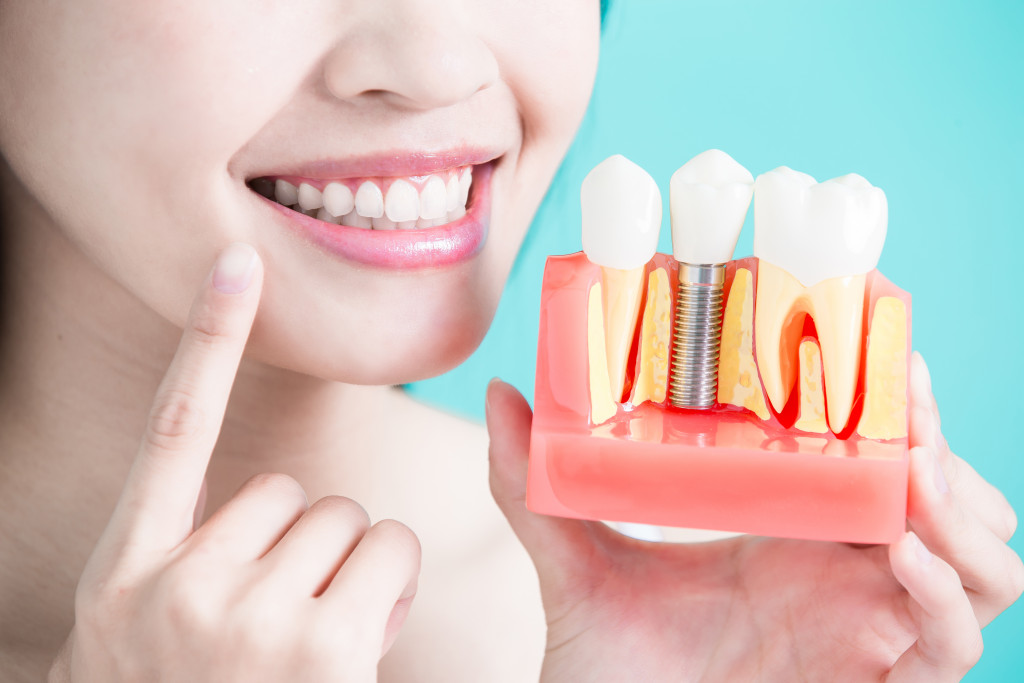Losing a tooth can be traumatic, but it doesn’t mean the end of the world. Your life can still be full and rewarding, even with a missing tooth. That being said, it’s essential to understand what happens when you lose a tooth so that you can make informed decisions about how to best restore your oral health.
The Immediate Impact of Tooth Loss
There are immediate and long-term effects when a tooth is lost due to trauma or decay. Teeth are held in place by supporting structures called periodontal ligaments. When these ligaments are damaged, the teeth become loose and eventually fall out. This loosening process causes pockets around the remaining teeth, which encourages bacteria growth, leading to further decay and gum disease. Additionally, the loss of chewing surfaces can lead to an inability to chew certain foods or difficulty speaking clearly due to the gap in your mouth.
How Tooth Loss Changes Your Life
Tooth loss has far-reaching implications that extend beyond just physical discomfort. It has been linked with poor self-esteem and depression due to low confidence in one’s appearance and feelings of shame or embarrassment over missing teeth. It has also been associated with an increased risk of malnutrition due to difficulty eating certain foods that require more chewing, like fresh fruits and vegetables. In social settings, people often feel uncomfortable smiling or laughing freely because they don’t want others to see their missing teeth, leading them to avoid social activities altogether.
What You Can Do About It
Fortunately, there are plenty of ways for people with missing or damaged teeth to regain their smiles and the full function of their mouths. Of course, you first need to go to your dentist and get a thorough check-up. Depending on your situation, they may recommend one of the following solutions:
Dental Implants
Dental implants are one of the most popular tooth replacement options as they provide a long-lasting solution that looks and feels like natural teeth. During the procedure, titanium posts are surgically implanted into the jawbone, where they will act as artificial tooth roots. These posts will then be fitted with a custom-made crown designed to match the shape, size, and color of your existing teeth. Dental implants are strong, stable, and durable. With proper care and maintenance, they can last for many years.
There are various dental implants, but full-mouth dental implants are the most comprehensive, as they can replace all of your missing teeth with a single procedure. The benefits of full-mouth dental implants include improved chewing ability and enhanced speech, as well as restored self-confidence due to the natural look of your new smile. Full-mouth implants don’t require special care beyond regular brushing and flossing.
Bridge Work

Bridges are another standard solution for replacing missing teeth. A dental bridge consists of two or more crowns placed over healthy adjacent teeth on either side of the gap created by missing teeth. Between these crowns is a false tooth called a pontic, held in place by metal wings or metal clasps connected to each crown. Bridges are typically made from porcelain or ceramic materials, which allow them to blend in with your existing teeth for an aesthetically pleasing result. They also help improve chewing ability and speech clarity compared to dentures or other options that don’t replace all missing teeth at once.
In addition, bridges can help prevent the shifting of the remaining teeth. When a tooth is missing, the adjacent teeth will start to move to fill the gap, which can lead to further damage and decay over time. A bridge helps hold these teeth in place and prevents them from shifting out of alignment.
Removable complete denture
A complete set of dentures is a set of artificial teeth that fit onto the jawbone. This gives a perfect substitute for natural teeth and helps restore functionality and improve your smile. They also help maintain the proper facial structure by keeping the underlying tissue pieces in place. Dentures need to be regularly adjusted and checked by a dentist every six months to ensure they fit comfortably. With proper care, these dentures can last anywhere from five to eight years, making them an affordable and effective solution for replacing missing teeth.
The bottom line
No matter what kind of dental issue you might face— tooth loss due to trauma or decay—it’s important not to feel ashamed or embarrassed about it because solutions exist! There are many options available today for restoring your oral health after experiencing tooth loss, including dental implants, bridges, partial dentures, etc., depending on your individual needs and budget constraints. Taking care of your oral health is essential for living a happy life; don’t let missing teeth stop you from enjoying it!

